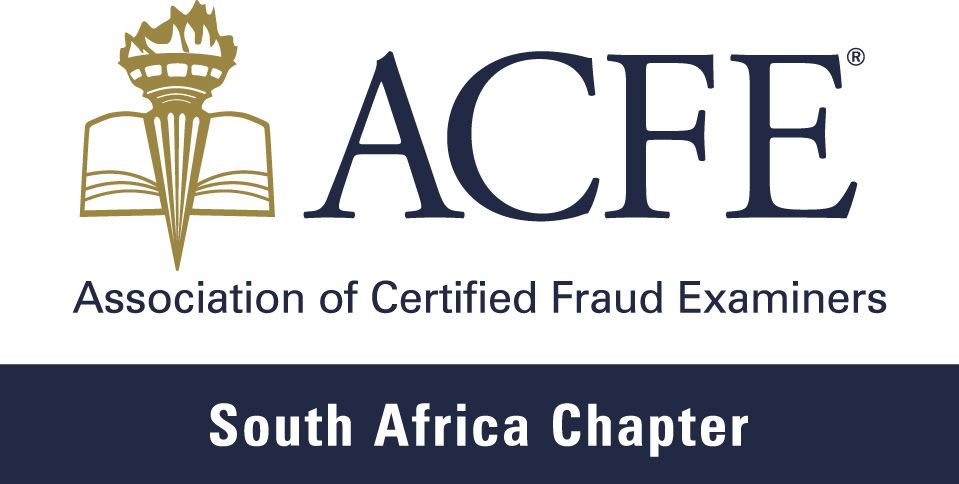Preparing Accountants for War: Making the case for fraud education on tertiary level

BY ANSIA STORM | The expectation of society from accountants has seen many changes in the last three decades as more and more accounting scandals rocks the world. The United Kingdom accountancy firms were fined a record £46.4 million due to audit failures and misconduct scandals. Sir Jon Thompson of the Financial Reporting Council told firms to stop complaining and to improve on their quality of work. Auditors have faced substantial reproach in recent years after failing to raise the alarm in a series of corporate failures, not just in the United Kingdom, but globally.
South Africa has experienced a series of accounting scandals in the past decade, where each scandal illustrated a lack of ethical conduct and fraudulent activities. The ten biggest scandals from the past decade widely reported in the media in South Africa included Steinhoff, Tongaat Hulett, VBS Bank, McKinsey & Company, SAP, Eskom, EOH, Sharemax, and Bosasa.
There is a fiduciary duty on accounting educators to educate and prepare accounting students for their chosen profession. The responsibility for the accounting frauds belongs amongst others to the accounting profession for its ineffectiveness in recognising fraudulent financial reporting. “The seemingly endless stream of accounting frauds has exposed the profession’s ineffectiveness in detecting, investigating, and preventing fraud in today’s increasingly unethical business environment”. One of many recommendations is the inclusion of at least one course in the prevention and detection of fraud in order for educators to help win back public confidence. Based on research, suggestions include increasing the quality and breadth of academic institutions’ curricula by adding a fraud examination course. Many universities in the United States educate students on the essential elements of fraud prevention and detection after all the negative publicities on, for example, Enron and WorldCom, where accounting professionals called for more fraud education. However, not many other countries offer courses on essential elements of fraud. Scholars and practitioners view forensic accounting as essential to fraud detection, and 75 percent of chief financial officers thought forensics should be incorporated into conventional accounting curricula.

A study was conducted to determine the effect of the idea that "today’s standards are deficient” on work experience and formal education. Education was seen as “moving students" attitude toward the academically ideal position and away from the current attitudes of auditors”. The result of this study (in a nutshell): Students began thinking more like expert auditors by learning more about fraud. A similar study was conducted to find changes throughout the learning process. The studies aimed to determine if the value of a forensic accounting degree will determine if learning more will bring accountants “closer to the level of skill demanded” by the public, firms, and regulating bodies. The results favoured forensic accounting courses as it was found that they increased the students’ ability to detect fraud compared to students who did not complete the course.
“Getting a degree in forensic accounting or auditing is very different from taking a course. The differences in courses offered and the classes taken will affect the students’ ability to detect fraud”. Obtaining a degree is about learning new ways of thinking and acquiring problem-solving skills (among others). Students are taught to engage in critical thinking, analytics, written and oral communication, and reasoning outside their comfort zones. A degree takes longer to complete (a minimum of three years) than a certificate (within a matter of days or weeks. Thus, students can refine critical skills over a more extended period when enrolled for a degree than those only doing a course or certificate. It was concluded that forensic accounting courses increased students' ability to detect fraud, and this higher detection rate illustrated the positive result of completing extra courses in forensic accounting in detecting fraud. Thus, "Education is fundamental to the prevention of crime and corruption… ".
Fraud-seeking auditors search for “red flags” by examining the authenticity of the events and activities behind the documents, whereas forensic accountants’ activities are defined as "…respond at a moment's notice when a client spots trouble – anything from procurement fraud to a top executive cooking the books to industrial espionage" or as "the specialty practice area of accounting that describes engagements that result from actual or anticipated disputes or litigation".
By comparison, these two definitions show the different mindsets of the two groups which are important when compiling a fraud module on tertiary level.
The effects of the forensic accounting curriculum and certified fraud examiner’s knowledge on an auditor’s confidence levels were examined. This study aimed to determine whether there was a positive impact from the forensic accounting curriculum and the certified fraud examiner designation on the independent auditor’s confidence in detecting fraud. It was found that “it can serve as a shift in how accounting educators and industry professionals prepare auditors to effectively evaluate unstructured fraud cues to reduce fraud losses and save investors hundreds of dollars in economic value”.
Considering the amounts involved in the scandals mentioned in the paragraphs above, the business community has experienced tremendously high levels of financial statement fraud. This is a global problem. Since Enron's collapse in 2001, followed by WorldCom (2002), Parmalat (2003), Olympus (2011), Tesco (2014), Toshiba (2015), and Patisserie Valerie (2019), it became evident that fraudulent financial reporting and a lack of ethicality became a severe threat to the integrity of financial reporting and corporate governance as well as the reputation of auditors and accountants. These threats result in a loss of confidence from investors, employees, pensioners, creditors, and other stakeholders. It is estimated that organisations lose up to 5 per cent of revenue annually with a median loss per case of US$117 000 and an average loss per case of US$1 783 000 due to fraud. Fraud schemes resulting in the highest median loss (US$593 000) were that of financial statement fraud schemes.

The most logical place to start to address this lack of fraud knowledge, especially for accountants and auditors, is to incorporate a fraud module in their tertiary education. It is recommended that this fraud module be based on the ACFE’s International Fraud Examiner’s Manual adapted and reworked to be applicable to South Africa. This fraud module should apply to all financial accountants, management accountants and chartered accountants. The necessity of incorporating fraud education into accounting curricula and developing such a module is evident (and imperative) from the above cases and studies. When the accountants and/or auditors identify fraudulent activities, the case can be handed over to forensic accountants for a detailed investigation. The aim is not to replace forensic accountants but merely to equip all accountants and all auditors with the essential knowledge to identify and prevent fraud.
“Untrained accounting graduates have been drafted to wage war against sophisticated liars and thieves. And as multi-billion dollar accounting failures have shown, it has not been much of a fight.”
